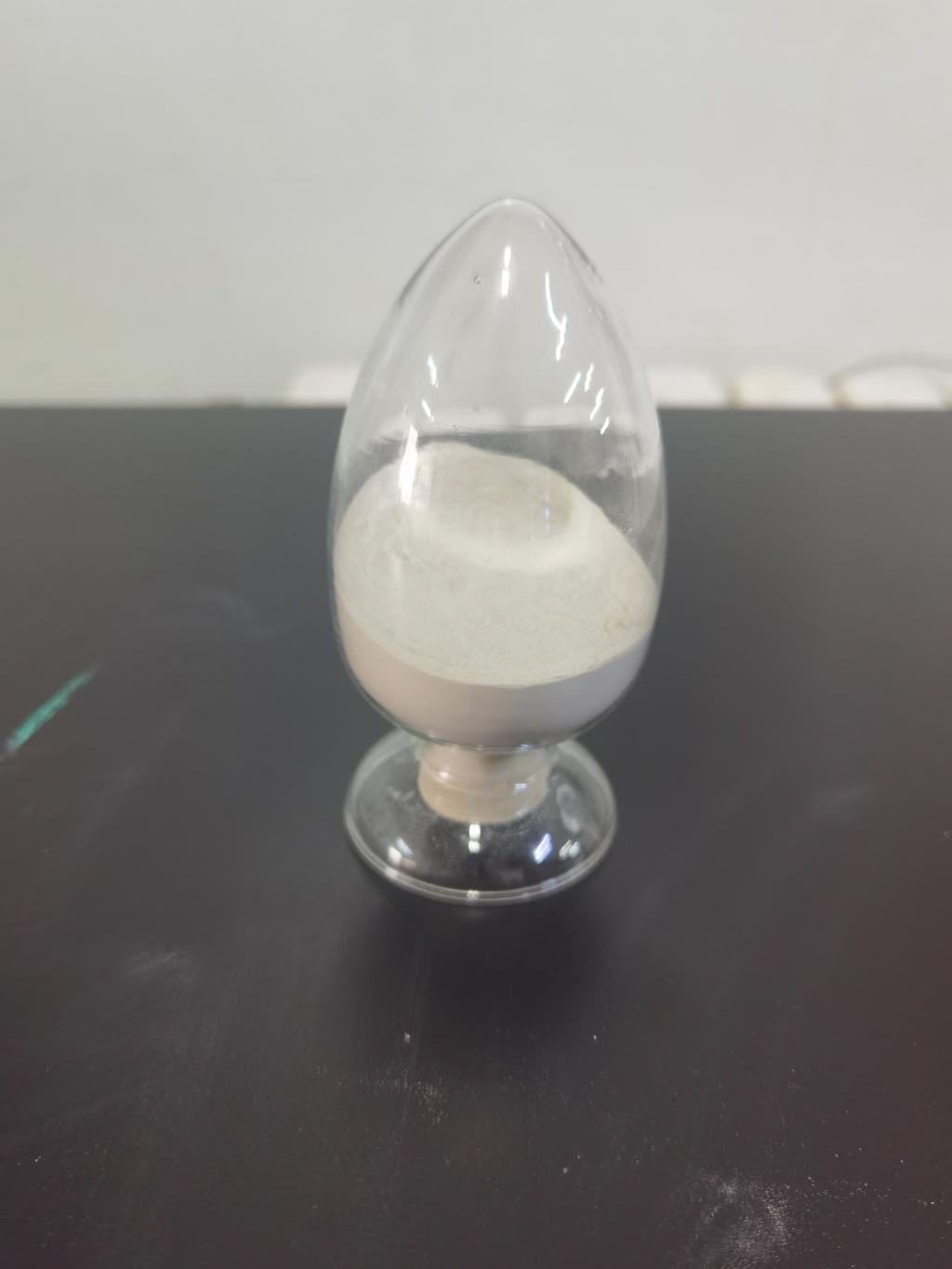Tel:+8618231198596

News
 CONTACT
CONTACT
 CONTACT
CONTACT
- Linkman:Linda Yao
- Tel: +8618231198596
- Email:linda.yao@dcpharma.cn
- Linkman:CHARLES.WANG
- Department:Overseas
- Tel: 0086 0311-85537378 0086 0311-85539701
News
The use of nisin in dietary supplements is being explored for its antimicrobial properties.
TIME:2024-08-21
Introduction:
Nisin, a class I bacteriocin, has been recognized for decades as a safe and effective preservative in the food industry, particularly for its activity against a wide range of Gram-positive bacteria. Its antimicrobial properties have led researchers to explore its potential benefits in dietary supplements, focusing on its role in supporting gut microbiota balance and overall digestive health.
Nisin: A Brief Overview
Nisin is a ribosomally synthesized peptide that specifically targets Gram-positive bacteria by binding to lipid II, an essential component of the bacterial cell wall. This binding disrupts the synthesis of the cell wall and leads to cell lysis, effectively killing the targeted bacteria. Nisin's specificity towards Gram-positive bacteria makes it a valuable tool in targeting specific pathogens without disrupting beneficial Gram-negative bacteria.
Antimicrobial Properties in Dietary Supplements
The use of nisin in dietary supplements aims to harness its antimicrobial properties to support gut health. When ingested, nisin can potentially help maintain a healthy balance of gut flora by selectively inhibiting pathogenic bacteria while allowing beneficial bacteria to thrive. This selective action may contribute to a reduction in gastrointestinal issues caused by pathogenic bacterial overgrowth.
Current Research and Applications
Research into the use of nisin in dietary supplements is still in its early stages. Studies have shown that nisin can be effective in controlling harmful bacteria such as Listeria monocytogenes and Staphylococcus aureus. However, more clinical trials are needed to establish the optimal dosages and formulations for use in supplements.
Safety and Regulatory Considerations
Nisin has been granted Generally Recognized As Safe (GRAS) status by regulatory bodies such as the U.S. Food and Drug Administration (FDA) for use as a food preservative. However, its inclusion in dietary supplements requires additional safety evaluations to ensure its suitability for long-term consumption. Regulatory guidelines must be followed to ensure the safe and effective use of nisin in dietary supplements.
Future Directions
As research continues, there is a growing interest in developing nisin-based dietary supplements tailored to specific health needs. This includes supplements designed to target particular gastrointestinal conditions, such as antibiotic-associated diarrhea and inflammatory bowel disease, where the selective inhibition of pathogenic bacteria could play a therapeutic role.
Conclusion:
The antimicrobial properties of nisin offer a promising avenue for the development of novel dietary supplements aimed at supporting gut health. While further research is needed to fully understand the potential benefits and optimal uses of nisin in this context, the existing evidence suggests a valuable role for this natural antimicrobial peptide in maintaining digestive wellness.
- Tel:+8618231198596
- Whatsapp:18231198596
- Chat With Skype







